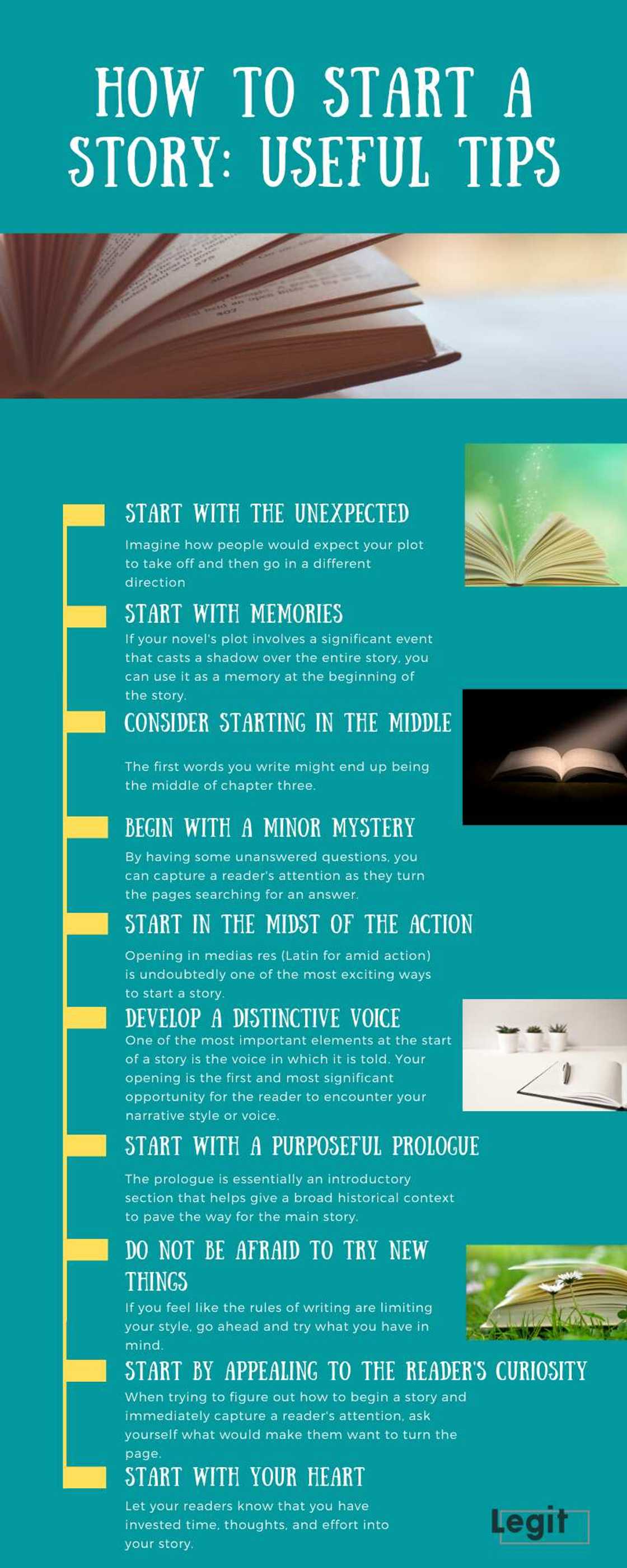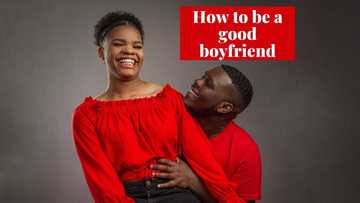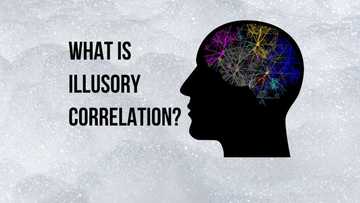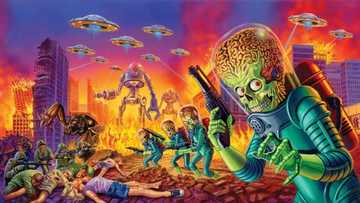How to start a story: useful tips on how to kick off your work
A novel's entire course, like an avalanche, can be primarily determined within its first few moments. Figuring out how to start a story is one of the most challenging scenarios a writer faces. The first few lines of a story carry a lot of responsibility with them and are often the difference between choosing to drop a book or to keep reading it.

Source: Original
When learning how to start a story, one must keep in mind that the beginning has to invite the reader into the story and keep them wondering what happens next or what happened before the opening. It is a writer's job to convince the reader that there is no going back once they have begun reading. However, this might sound easier said than done.
The best tips on how to start a story
Here is a look at some fascinating tips on how to start writing.
1. Starting with the unexpected
One of the easiest ways to start a story is by imagining how people would expect your plot to take off and then going in a different direction. For example, think of a story that begins with, 'It was the day my great grandmother exploded.'
Such an opening line leaves the reader wondering how exactly the character got to explode. It invites them to keep on reading. You do not necessarily need to have extreme openings such as the one in the example but aim for the unusual.

Source: UGC
2. Place your character into a setting
Putting your character into a setting means introducing a place and developing an atmosphere that helps the reader picture your character. How do you begin a paragraph to develop a setting? An example would be 'Lauren sat on the red couch at the back of a dimly-lit room.'
Ensure that your character's setting invites people to keep reading your story. In the above example, one would be left wondering about the dimly-lit room. Where was it? Why was it badly lit? This opening creates a character and a setting, thus leading to different questions arising on a reader's mind.
3. Start with memories
Are you wondering how to start a story in third person? Consider using memories. How do you begin a story with memories? If your novel's plot involves a significant event that casts a shadow over the entire story, you can use it as a memory at the beginning of the story.
For example, a story about a mysterious murder will have the murder as an event that is core to the entire plot. If you can frame this event through one of your characters, then it carries even more weight than if you told it in the first person.
If you choose to go down this path, make sure you choose a memory scene that is emotionally powerful and involves a decision or dilemma that will ultimately affect your character later. You should also ensure that the scene has keys for the reader to understand the rest of the plot.
One of the essential tools in figuring out how to start off a story through a memory involves letting your readers picture the scene. Instead of narrating the story, tell it through a character's eyes, and help the reader visualize the scene.
4. Consider starting in the middle
If you do not know where to start, do not stress too much over it. The first line of a book is critical, but no rule says you have to start there. The first words you write might end up being the middle of chapter three.
As you work forward in the story, you will undoubtedly get an idea of how to work backward. Once your characters develop and the plot grows in directions you did not expect, you may see the perfect scene to start things off with.

Source: UGC
5. Begin with a minor mystery
How do you start off a short story with some elements of mystery to it? The first step is to ensure that you do not overdo the mystery part. You do not want to end up confusing your readers with too many puzzles in your story.
However, by having some unanswered questions, you can capture a reader's attention as they turn the pages searching for an answer. Consider this at the beginning of a novel 'Whether I shall turn out to be the hero of my own life, or whether that station will be held by anybody else, these pages must show.'
The reader, as well as the narrator, seem to have a mystery on their hands. The use of mystery is probably one of the most used tools in learning how to start a paragraph for a thrilling story.
6. Start in the midst of the action
Opening in medias res (Latin for amid action) is undoubtedly one of the most exciting ways to start a story. This method immediately grabs a reader's attention as they get pulled into the action either through a character's or the narrator's perspective.
A good example would be describing an ongoing battlefield scene. The reader is left wondering how the character found themselves in battle and whether or not they will come out victorious.

Source: UGC
7. Develop a distinctive voice
One of the most crucial elements at the start of a narrative is the voice in which it is told. Your opening is one of the most significant opportunities for the reader to encounter your storytelling style or voice. Some of the most captivating sentences to start a story have a lot to do with the voice in which they are written.
Think of the beginnings of stories you love, and how each one could only have been written by that particular writer, whether it is Sydney Sheldon, Robert Ludlum, Charles Dickens, Stephen King or Zadie Smith.
8. Start with a purposeful prologue
How do you start writing a short story using a prologue? The prologue (also known as a preamble) is essentially an introductory section that helps give a broad historical context to pave the way for the main story.
For example, a well-written prologue might take the reader into a scene preceding the story, but whose consequences prevail throughout the main narrative.
One of the best examples of the preamble technique is in the 1992 novel The Secret History by Donna Tartt. The writer's prologue tells readers that someone has been killed and that the narrator is involved in the murder.
The preface also explains that the character will narrate the events leading up to the murder. Such a prologue makes it clear that the killer's motive, not their identity, is the main mystery in the story. If you choose to have a prologue, ensure that the events it narrates are irrefutably necessary.
You should also try writing the scene as a flashback instead of a prologue and see what works better.
9. Start small and build up gradually
You do not have to set a house on fire or have someone murdered on the first page to capture the reader's attention. There are numerous television shows and movies that put significant and often violent events into the first five minutes as a hook.
The assumption is that viewers have relatively short attention spans. The downside of such hooks in a written story is that they can be quite hard to live up to; you cannot stay at that level. Besides, screen culture does violence better than written culture, so leave the big violence to the movies.
It is better to start with a small mystery and build up to a bigger one. The truth about a situation is always big enough to sustain someone's attention.

Source: UGC
10. Ensure your opening is relevant
Many writers are taught that the more unusual, strange, or extreme their opening line is, the more likely they are to hook the reader. However, what many do not know is that an opening might be so bizarre that is borders on irrelevance when it comes to the main story.
If your hook is extremely strange or misleading, you might have trouble living up to its odd expectations. The trick is to use exciting but relevant hooks to capture your readers' attention.
11. Start with a question
How do you begin a short story with a question? The simple answer is that the reader should be looking for an answer. The opening to your novel should be a question that can only be answered by reading on.
This does not need to be literal, or overt, it can even be poetic, or abstract, but there must be a wound that can only be healed by reading on. For example, take this opening from Sylvia Plath's The Bell Jar:
'It was a queer, sultry summer, the summer they electrocuted the Rosenbergs, and I didn't know what I was doing in New York.'
While the statement is not phrased as a question, it leaves the reader wondering about the Rosenbergs. Who were they? Why were they electrocuted? Who is this narrator in New York?
12. Make your opening dynamic
Transport your readers straight into a scene; give them the impression that they have caught something really interesting as it is unfolding. Rather than build up to a climax, place the reader right in the middle of an event.
For example, the opening scene of The Handmaid's Tale on television showed some people being chased through a forest. At that point, viewers did not know who the people were or the significance of the chase, but it made for a gripping start to the show.
You can replicate your storytelling style to dramatic effect in your novel by placing the reader into the middle of a thrilling scene. Of course, you will need to make sense of it later, but this is a striking way to begin a story if you have an opening scene that justifies such an impact.
Keep in mind that while this might be a great way to launch a thriller, with a fight or chase, it will be less applicable for a romance story.

Source: UGC
13. Do not be afraid to try new things
We all know the piece of writing advice that tells us we should write the kind of story we love to read. While that is, by all means, terrific advice, it is often easier said than done.
If you feel like the rules of writing are limiting your style, go ahead and try what you have in mind. Your ideas might be against the conventionally accepted guidelines for writing, but that means that you will end up with a unique story.
14. Start by appealing to the reader's curiosity
The best ways to start a paragraph almost always focus on an appeal to the reader's curiosity. When trying to figure out how to begin a story and immediately capture a reader's attention, ask yourself what would make them want to turn the page.
Make your readers ask themselves questions: Where is this place? Why is this character doing that they are doing? Why is the setting described as is? What happened before the current events? Such questions show that the writer has appealed to the reader's emotions.
Take this line, for example:
'Royal Beating. That was Flo's promise. You are going to get one Royal Beating.'
The reader will start wondering who Flo is, why does she promise someone a beating, and why is that someone getting beaten?
At the same time, the start of your book must not be entirely cryptic. Your opening must sustain your readers' interest in some way if you are to keep them reading through to chapter two, and reveal more and more information in the plot points to come.
15. Start with your heart
While there are numerous tips on how to start a short story, writing with your heart is arguably the most important. How can I start writing with my heart? The first step is to ensure that your readers can tell that you have invested time, thoughts, and effort into your story.
You should write your opening lines as though they are the last lines you will ever write. If you can pull a reader into your soulful explorations and far-reaching insights, they are all yours. Here is a fascinating opening paragraph from Wool by Hugh Howey:
'The children were playing while Holston climbed to his death; he could hear them squealing as only happy children do.'
Such a line immediately lets the reader know that the author has given much thought to their story.
Avoid poorly-thought opening lines since they will make the reader assume that the rest of the story is just as poor.
Figuring out how to start a story can be quite challenging for most writers. However, using the tips mentioned above, one can easily formulate a captivating opening that is guaranteed to keep your readers glued to the story.
Source: Legit.ng













